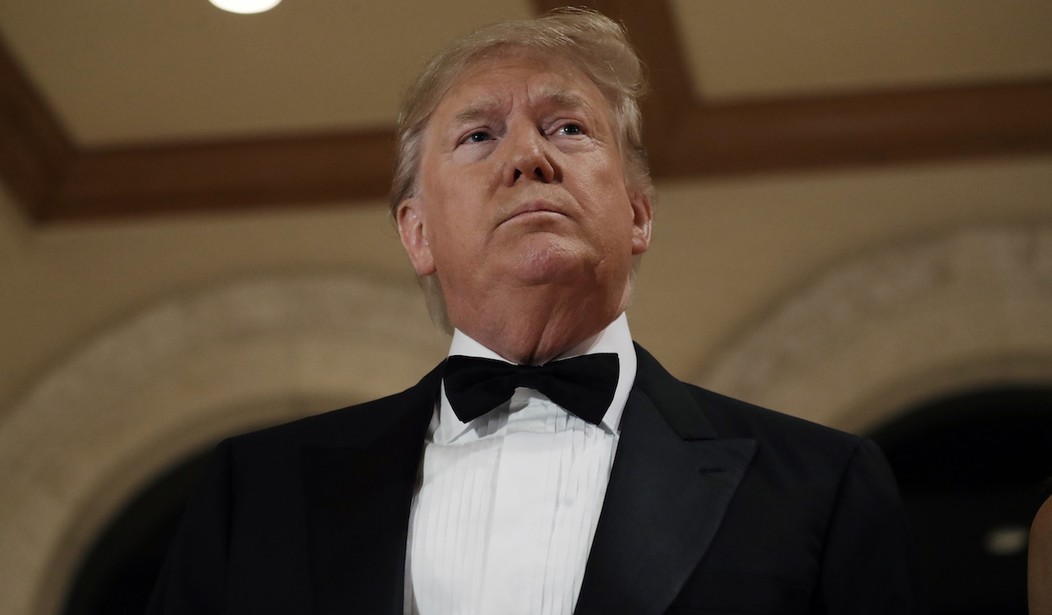The dramatic expansion of the unchecked power of the executive branch is one of the major legacies of the Obama administration. Unfortunately, a new rule from the Department of Commerce threatens to continue this consolidation of power in the executive branch and would undermine the economic strength that America has enjoyed during President Trump’s tenure. By giving the Department nearly unbounded authority to stamp out trade with “foreign adversaries,” this vague new rule risks imposing serious economic harm.
Under this rule, transactions between American companies and “foreign adversaries” that involve information technology or services that are deemed to be vital to national security could be halted or prevented at anytime, even after the fact.
Protecting Americans from nefarious actions by foreign countries is an important goal, but the Department of Commerce’s proposed rule is poorly structured. While designations of foreign actors as “terrorist groups,” for example, are established by foreign policy experts at the State Department, what makes a “foreign adversary” for purposes of this rule is left entirely up to the secretary of Commerce. While the secretary is directed to make the designation “in consultation” with the heads of other executive departments and agencies, the final decision on whether a foreign actor is an “adversary” is up to an agency that spends most of its time gathering economic data and processing patents and trademarks.
Unfortunately, that’s not the only questionable part of this rule. As currently structured, transactions can be designated for review by the secretary himself, any executive department head, or based on requests from “private entities” that the secretary of Commerce “deems to be credible.”
This opens the door for competitors, both foreign and domestic, to lobby the secretary of Commerce to block opponents’ productive transactions. It would be naive to imagine that the secretary of Commerce, as well as his successors, will always be immune to pressure to use this power to intervene in the economy absent truly valid national security concerns.
Recommended
National security tools should not be used to tilt the scales in favor of certain businesses or industries unless they directly relate to legitimate security concerns, but too often they are. Earlier this year, President Trump took steps to slap a 25 percent tariff on foreign automobile imports by invoking Section 232 of the Trade Expansion Act of 1962, a little-used provision that allows the president to restrict imports that threaten national security.
Though the president eventually backed down, the national security justification for the tariffs was incredibly weak (indeed, it was far more likely that the tariffs would have harmed national security by weakening the American economy). Section 232 was used to justify steel and aluminum tariffs, which remain in place.
The best way to avoid granting unelected officials powers that exceed those necessary to protect our national security is to more effectively spell out the constraints of the powers granted. To that end, the Department of Commerce should substantially revise or withdraw this rule in order to establish a more formal process for establishing an actor as a “foreign adversary,” including by requiring input from relevant departments such as the State Department. By the same token, a revised regulation must preclude businesses from using this rule to attack their competitors.
The serious problems with this proposed rule have led to more than 20 consumer and taxpayer advocacy groups to submit a coalition letter to the Department of Commerce, urging significant changes. The last thing the federal government needs is more broad, vaguely defined powers which are left to bureaucratic interpretation. That’s how you fill the swamp, not drain it.
Andrew Wilford is a policy analyst with the National Taxpayers Union Foundation, a nonprofit dedicated to tax policy research and education at all levels of government.

























Join the conversation as a VIP Member